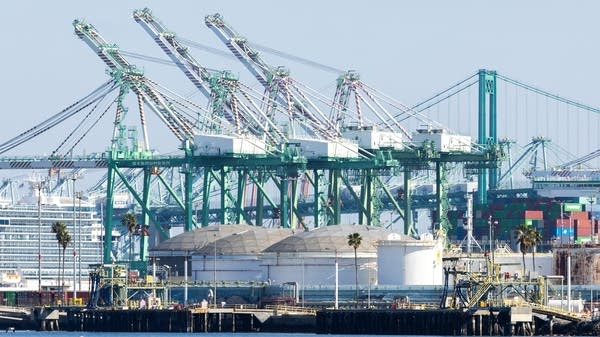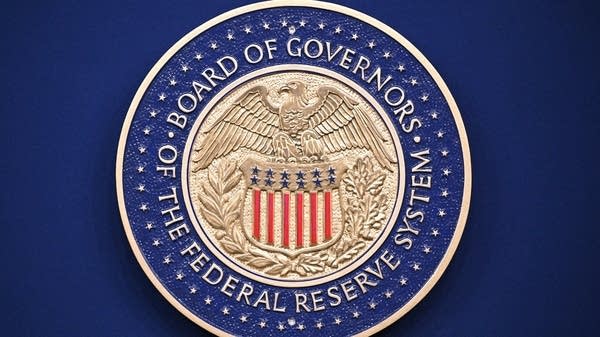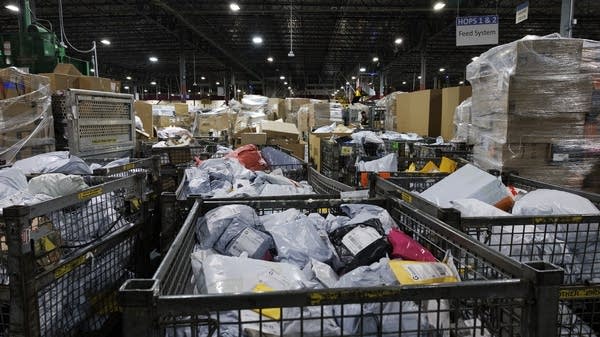Trade wars stall container ship traffic from China to U.S.
The ports of Los Angeles and the adjacent Port of Long Beach will see traffic plummet in coming weeks.

Whether it’s Hot Wheels or Barbies or pretty much anything else that’s supposed to come from China to the United States, it’s mostly all getting here one way.
“I would say that it's about 99.8% of volume that's overseas is going to move via containerized freight,” said Tom Goldsby, who teaches supply chain management at the University of Tennessee, Knoxville.
Containerized freight, also known as container ships, are those massive boats containing all those neatly stacked, 40-feet-long rectangles of brightly colored corrugated steel like something out of Lego’s “Glittering Symbols of Global Commerce” collector’s set.
Before April, there was an inexhaustible stream of container ships making a beeline from Shanghai and Shenzhen to the ports of Los Angeles and Long Beach. Now?
“Because the orders have been canceled and suspended in China, we're seeing blank sailings. That means that a sailing of an ocean ship was scheduled, but it's not going to happen,” said Goldsby.
Forty-five percent of ships originally bound from China to the West Coast are now just idling mostly outside China, according to Project44, a company that monitors global shipping trends.
Project44’s Peter Doyle said while some companies may try to adjust supply chains outside China, that could take a while.
“There's not really an ability for a an importer to quickly switch over all of their volumes from China or somewhere else,” said Doyle.
One other thing to keep in mind: Those 40-feet-long containers are not just used on container ships. They’re also used on railcars and other modes of transport, to ferry goods back and forth within the U.S. Guess where those containers are made?
“The vast majority of these containers are, very ironically, manufactured in China,” said Jason Miller at Michigan State University.
He said if you’re an American freight company, “You’re certainly rethinking capital investment decisions right now, knowing that those containers are subject to substantial tariffs.”
Miller said it would be tough to build a domestic shipping container industry. China just does it a lot cheaper.













